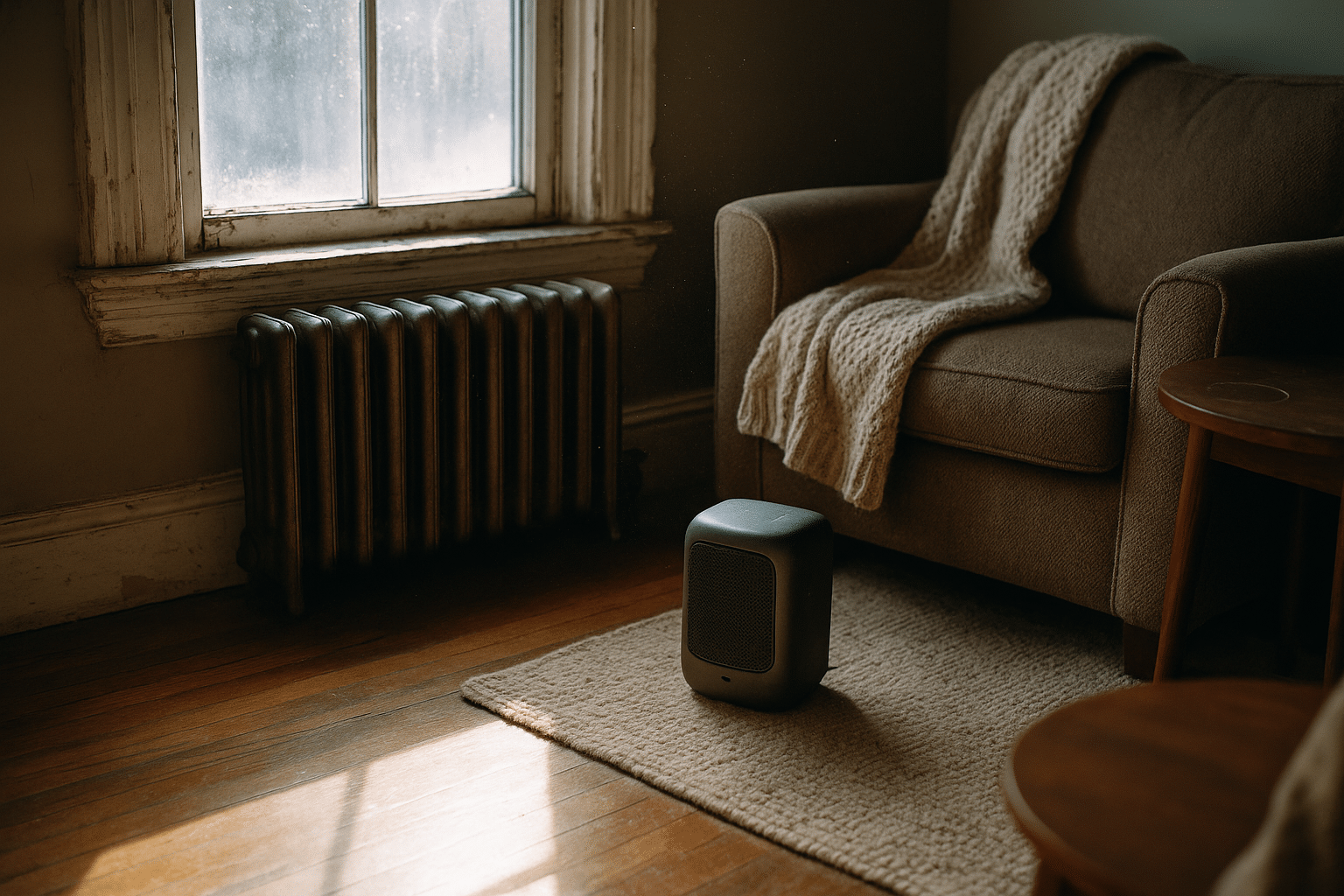
The Benefits of Solar Energy: Is It Right for Your Home?
Harnessing the power of the sun has become a viable and exciting option for homeowners looking to make a sustainable impact. Solar energy offers numerous benefits and can significantly reduce your carbon footprint while saving money on energy bills. But is it the right choice for your home?
Solar energy is a rapidly growing sector in the realm of sustainable living. According to the International Energy Agency, solar power is expected to become the largest source of electricity by 2050. This shift is driven by both environmental and economic benefits.
The Environmental Impact of Solar Energy
Solar panels convert sunlight directly into electricity, producing no emissions during operation. This means a significant reduction in greenhouse gases when compared to traditional fossil fuels. By switching to solar, the average home can offset about 100,000 pounds of carbon dioxide over 20 years.
Expert Opinions
“Solar energy is not just a cost-effective solution; it is a critical component in our fight against climate change,” says Dr. Linda Adams, a renewable energy expert.
Financial Benefits
One of the most compelling reasons to consider solar energy is the potential for significant cost savings. While the initial investment can be substantial, the long-term savings often outweigh these costs. Many homeowners report a reduction in their monthly energy bills by 70% to 100%.
Statistics and Research
According to a report by the Solar Energy Industries Association, the cost of installing solar panels has dropped by more than 70% over the last decade. Additionally, federal and state incentives can further decrease the financial burden.
Is Solar Right for Your Home?
When considering solar energy, it’s essential to evaluate your home’s location, roof condition, and energy needs. Homes in areas with ample sunlight and roofs with a southern orientation are ideal candidates for solar installation.
Personal Anecdote
Take the case of Mark, a homeowner in sunny Arizona. After installing solar panels, Mark not only slashed his energy bills but also increased his home’s resale value.
Actionable Tips
- Assess your energy needs to determine the size of the solar system required.
- Consult with a reputable solar installer to evaluate your roof’s suitability.
- Explore available incentives and rebates in your area.
- Consider financing options to spread the cost over time.
| Aspect | Benefit |
|---|---|
| Environmental | Reduces carbon footprint |
| Financial | Lower energy bills |
| Resale Value | Increases property value |
| Energy Independence | Less reliance on the grid |
| Durability | Long lifespan of panels |
| Incentives | Available rebates and credits |
| Maintenance | Low maintenance required |
| Technology | Advancements improving efficiency |
Frequently Asked Questions
How long do solar panels last?
Solar panels typically last 25 to 30 years, but their efficiency can decrease over time.
What happens on cloudy days?
Solar panels can still generate electricity on cloudy days, but their efficiency will be reduced.
How much maintenance do solar panels require?
Solar panels require minimal maintenance, mainly cleaning and occasional inspections.
Conclusion
Solar energy presents a compelling case for homeowners interested in sustainable living. With environmental and financial benefits, along with advancing technology, solar power is more accessible than ever. Evaluating your home’s suitability and taking advantage of available incentives can make the transition smooth and beneficial. As you consider this green energy source, you’ll not only contribute to a healthier planet but also enjoy the economic advantages of reduced energy costs.


